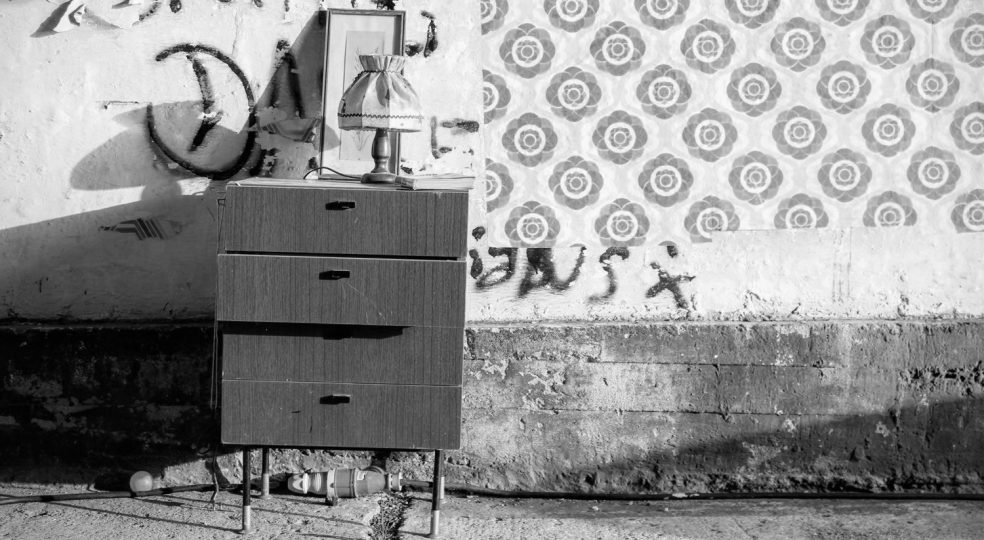
If you don't have much on your plate, you need all the more drawers. What? You didn't understand? Then again slowly: Less educated people are particularly good at pigeonholing, whereas intellectuals are unprejudiced and think in a much more differentiated way. Sounds logical, but it's not quite true. Strictly speaking, each of us has an imaginary chest of drawers in his head. For some this chest of drawers is larger, for others it is somewhat smaller. However, its size does not depend exclusively on our knowledge or our intelligence quotient, but also on our age, our cultural glasses and our experiences.
Labels and tags with assumptions like "arrogant" or "dangerous" are stuck to the drawers of our mental chests of drawers. And into these very drawers we now push people and situations that presumably fit in. Of course, we can't really know in advance whether a person is arrogant or a situation is dangerous. And so the automatic pigeonholing of people and situations is often seen as an unreflective act. In short, pigeonholing doesn't enjoy a particularly good reputation, but is readily labelled as "clichéd behaviour".
But we are doing our inner chest of drawers a complete injustice, because it is actually a real heroine. Did you know that pigeonholing significantly secures our existence? It is an ingenious invention of our brain and makes our lives much easier. Because by forming categories, our world is sorted. We do this almost continuously, and most categorization occurs subconsciously and is completely harmless. We categorize everything we see or think. This can even be demonstrated with the help of imaging techniques.
Pigeonholing works something like this: Our brain perceives a person or situation, compares it with similar people or situations that we already know, and thus simplifies our thinking. If we had to completely re-evaluate each time and did not orient ourselves to what we already knew, this would cost an enormous amount of energy. So we save a lot of energy by thinking in a box. Actually quite clever, isn't it? If we notice that we are wrong with our first impression, we can always revise it.
So the fact is that we can't help but think in pigeonholes. The human brain is not designed to process each piece of information individually. Rather, it draws on what we already know and creates groupings - drawers - that simplify our thinking and thus our lives. You could also say that our brain works with a computer-like folder structure. And that's neither unthinking nor cliché, but rather ingenious, right?
But computers are also prone to error. And when harmless stereotypes lead to unfair prejudices, something goes wrong - especially when it comes to categorizing people or groups of people. Because even if people or character traits the uniqueness of each person should always be in the foreground. And although pigeonholing simplifies our everyday lives immensely, it sometimes acts like a corset: in a sense, it takes away any form of flexibility and prevents us from having new experiences and taking advantage of opportunities.
So what should we do so that the drawer doesn't eventually get stuck and prevent us from having new experiences? First of all, we should assess the situation correctly: Is it an everyday situation that we can easily categorize? Or is it about other people that we shouldn't just pigeonhole, even though sometimes it would be the more convenient option? We all have our pigeonholing in our own hands and the best tools against jumping to conclusions are genuine interest and a personal level. Because as soon as we get into personal contact, ask questions and take an interest in someone, our imaginary dresser has no chance of forming prejudices.
In this way you create a wonderful basis for an expanded view. Actually, the principle is quite simple: Be aware that you can influence your pigeonholing. Be attentive, curious and interested. Gain new experiences and get to know people beyond the pigeonholes in your head. And also admit to yourself that pigeonholing is not wrong at all, but simplifies your everyday life enormously. Creating mental categories is perfectly normal and fine. But every now and then it's time for a little spring cleaning.


